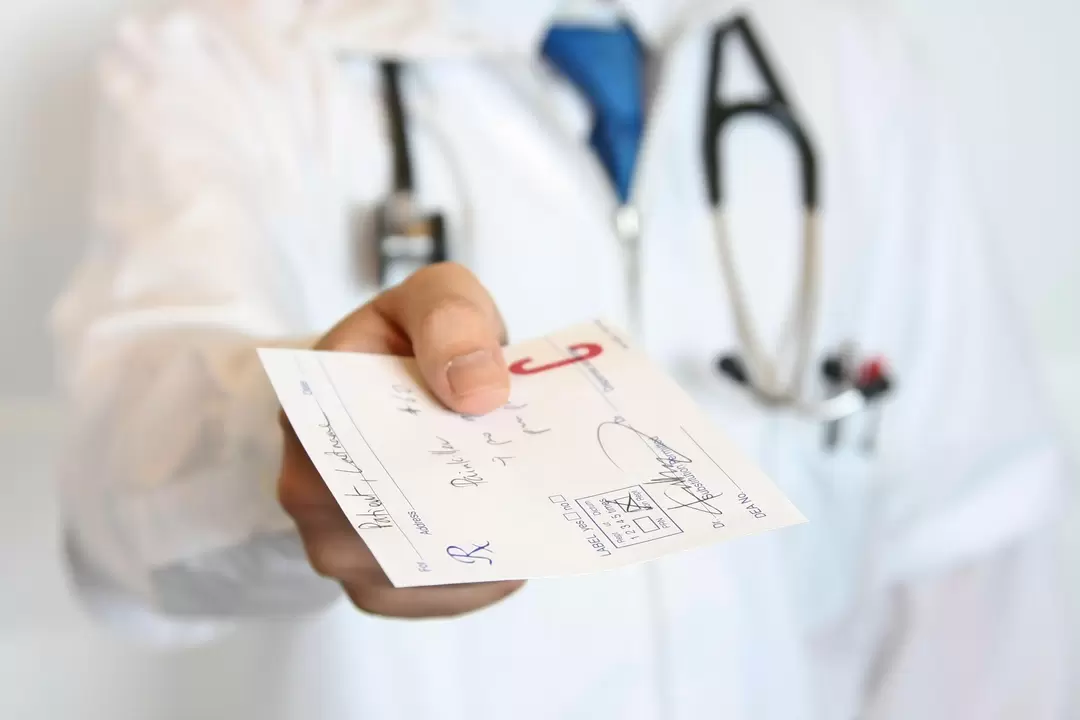Prostatitis is inflammation of the prostate in men. It is caused by many factors: sedentary work, constant stress, poor nutrition. Sexual infections also have adverse effects on the male reproductive system. Every single person in the world faces problems in the sexual domain to some extent. Treating prostatitis in men with medication produces good results and usually results in a complete recovery.
Basic dosage form
Despite the severity of the disease, prostatitis responds well to treatment. Prostatitis in men can be treated with drugs in various dosage forms: tablets, microenemas, injections. The drug in the form of rectal suppositories has proven itself particularly well. Different drugs have certain effects on the body, and each drug works on its own level. All medications are prescribed individually by a doctor, depending on the form and severity.
Prostate inflammation is a serious disease. It may lie dormant for a long time and then announce itself with very unpleasant symptoms. This adversely affects the health of men and the quality of sexual life suffers.
How to treat prostatitis in men
In the past, middle-aged and elderly men suffered from prostate inflammation. However, the disease is much younger now. A variety of modern medicines make it possible to quickly and ultimately deal with prostate disease.
Antibacterial treatment
The most commonly prescribed medications for prostatitis are antibiotics. Antibiotics are given when a quick cure for an inflamed prostate is needed. The fastest-acting antibiotics are fluoroquinolones and tetracyclines.
Your doctor may also prescribe penicillin. Antibiotics are prescribed based on the susceptibility of the pathogen in order to act on it precisely and completely neutralize it.
Anti-inflammatory drugs for prostatitis
Glandular inflammation is also treated with anti-inflammatory drugs:
- nonsteroidal anti-inflammatory drugs (NSAIDs);
- Steroids).
NSAIDs are more effective and have the fewest side effects.
For those with a history of gastric and duodenal inflammatory disease, NSAIDs are recommended to be used with great caution and always under the supervision of a physician 12 . These drugs are dangerous for men with stomach ulcers. They can cause ulcers to perforate and bleed.
It is recommended to take these medicines after meals. Apply continuously for no more than 5-7 days. Since NSAIDs are ineffective, hormones are used to treat inflammatory processes in the prostate.
They also have contraindications and adverse effects, so they are only prescribed by doctors.
Treating Prostatitis with Muscle Relaxants
Muscle relaxants are commonly used to treat prostate disease. These medications are designed to ease the flow of urine when the prostate is inflamed. Additionally, muscle relaxants can relieve pain.
List of sedatives
Drugs to calm the nervous system are prescribed to patients who are depressed due to prostate disease. Men often worry about a decreased quality of sex life, which is always accompanied by prostatitis. In this case, valerian or motherwort extract can help. If possible, it is best to consult a psychotherapist.

With prostatitis, it is important to support the nervous system with sedative medications. Good overall health will help you cope with illness faster.
The most effective drug to restore blood flow
The most effective drugs for the treatment of prostatitis in men are alpha-blockers. They restore blood circulation, help relieve prostate spasms and improve urine output. Medicines are prescribed by specialists.
What to drink for prostatitis to relieve pain
Some prostatitis medications are used as pain relievers. Pain syndrome, especially in acute prostatitis, is often very pronounced. An enlarged prostate in men can prevent the free flow of urine, making it difficult to urinate. Rectal suppositories work well.
How to Heal Inflammation with Immunomodulators
Immune stimulants play one of the main roles. To cure prostatitis, use special medicines that stimulate the immune system.
what homeopathic medicines to take
Among the medicines for the treatment of prostatitis in men, homeopathy is often used. However, there is no justification for using homeopathic medicines alone to treat prostate disease. Homeopathy is a great adjunct therapy to reduce swelling, cramps, and pain.
Also, in the treatment of the prostate, homeopathy is used to enhance erection and libido.
Use a homeopathic rectal suppository in which the active ingredients are extracts of St. John's wort and propolis. They have anti-inflammatory and wound healing properties.

It must be remembered that you should undergo a complete inspection before you start using these funds. Homeopathy must be combined with the treatment prescribed by the doctor. There is no scientific evidence for its effectiveness.
Men's Vitamins and Herbs
Vitamins improve metabolism and enhance therapeutic effects. Especially good are the B vitamins (B12, B6). Added vitamin complex to support general health, rapid healing of the prostate.
To restore sexual function, adaptogens - ginseng and tincture of Acanthopanax senticosus are used.
Traditional Chinese Medicine for Prostate Treatment
Basically, the purpose of TCM is to restore and strengthen the immune function of the body.

These medicines work well in combination with other TCM methods - acupuncture and massage.
Medications to prevent prostate inflammation
Preventive measures cannot be mentioned in the analysis of methods of treating the prostate in men. These include, first and foremost, a healthy lifestyle, proper nutrition, as well as regular sex and timely protection, with mandatory preventive visits.
Even if you know which drug is most effective for prostatitis, don't treat it yourself. All medications were prescribed by a urologist or andrologist upon receipt of test results. Self-medication can lead to complications - chronic prostatitis, adenomas and prostate cancer.




































